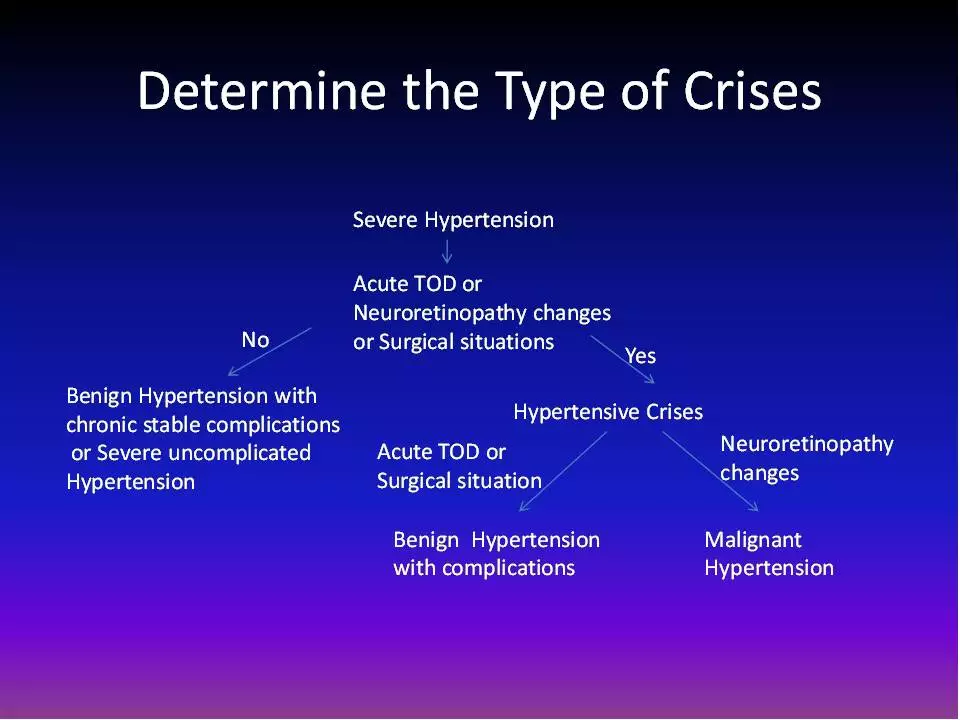Hypertensive Crisis — What It Is and Why You Must Act Fast
A hypertensive crisis is a sudden, extreme rise in blood pressure that can damage organs within hours. It sounds dramatic because it is — when blood pressure hits about 180/120 mmHg or higher, you’re in a zone where things can go wrong quickly. Some people feel nothing; others develop symptoms that are obvious and alarming. Knowing what to watch for and what to do can make a real difference.
Recognize the signs
Not every high reading is a crisis. But watch for these red flags: severe headache, chest pain, shortness of breath, sudden weakness or numbness, confusion, trouble speaking, vision changes, or very low urine output. If any of these happen with a reading at or above 180/120, treat it as an emergency.
Also be aware of triggers that can push blood pressure into crisis: missing doses of blood pressure meds, sudden withdrawal from drugs like clonidine, stimulants (including cocaine or amphetamines), severe pain, certain interactions with prescription drugs, or acute medical problems like kidney failure or heart issues.
What to do now
If you have symptoms and a very high reading, call emergency services immediately. Don’t try to manage a likely hypertensive emergency at home. If your reading is high but you feel fine, call your doctor right away—many providers advise urgent evaluation when readings reach or exceed 180/120 even without symptoms.
While waiting for help: sit upright, stay calm, loosen tight clothing, and avoid caffeine, alcohol, or extra medications unless a clinician told you to use one in this situation. If you have a validated home monitor, record a couple of readings a few minutes apart and note any symptoms. That information helps emergency staff.
At the hospital, doctors check for organ damage (heart, brain, kidneys, eyes) and use controlled IV or fast-acting oral blood pressure medicines when needed. Rapid, uncontrolled drops in blood pressure are risky too, so treatment aims for a steady, monitored reduction.
Prevention matters. Take blood pressure meds as prescribed, keep routine follow-ups, cut back on salt and heavy alcohol, manage stress, and tell your provider about all drugs and supplements you use. If you plan to stop a blood pressure drug, ask your clinician first and get a taper plan if needed.
If you’re unsure whether a high reading needs emergency care, call your health provider or local emergency number and describe your exact blood pressure and symptoms. Quick action saves tissue, prevents complications, and often prevents longer hospital stays. Keep your monitor, emergency contacts, and a list of meds handy — it makes decisions faster when minutes count.

The Role of Lisinopril-HCTZ in Treating Hypertensive Crisis
- 8 Comments
- May, 9 2023
As a blogger, I recently researched the role of Lisinopril-HCTZ in treating hypertensive crisis. I discovered that this medication is a combination of an angiotensin-converting enzyme (ACE) inhibitor, Lisinopril, and a diuretic, hydrochlorothiazide (HCTZ), which work together to lower blood pressure. It is particularly effective in cases of hypertensive crisis, as it addresses both fluid retention and constriction of blood vessels. Additionally, its dual-action mechanism allows for a lower dosage of each component, reducing potential side effects. Overall, Lisinopril-HCTZ has proven to be a reliable and efficient option in managing hypertensive crisis.




